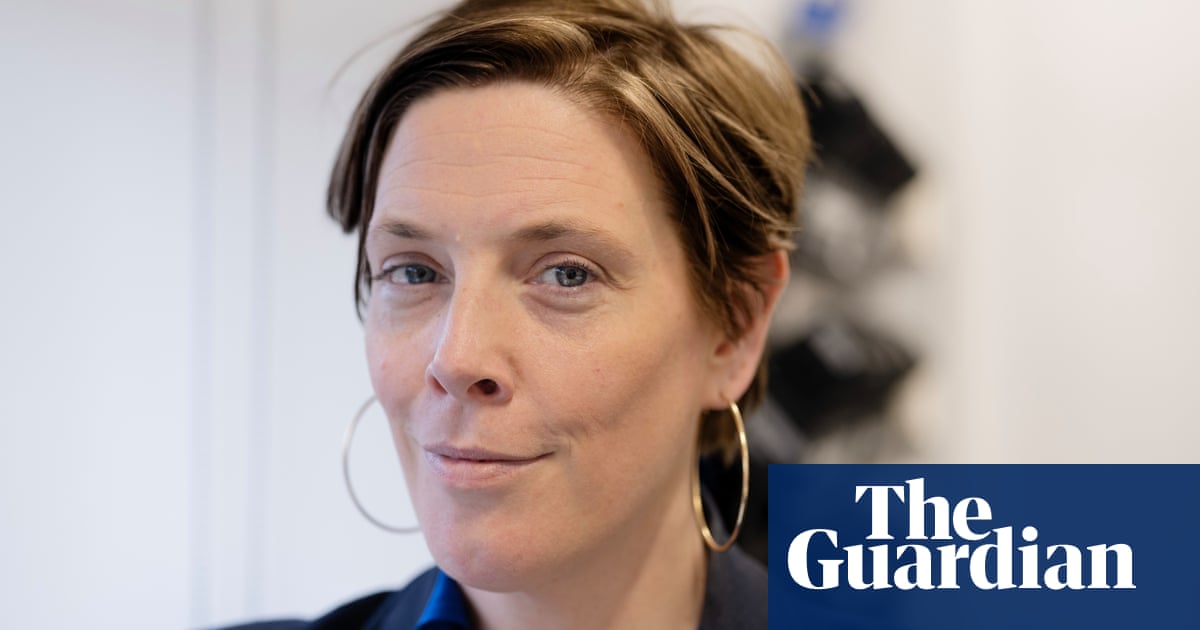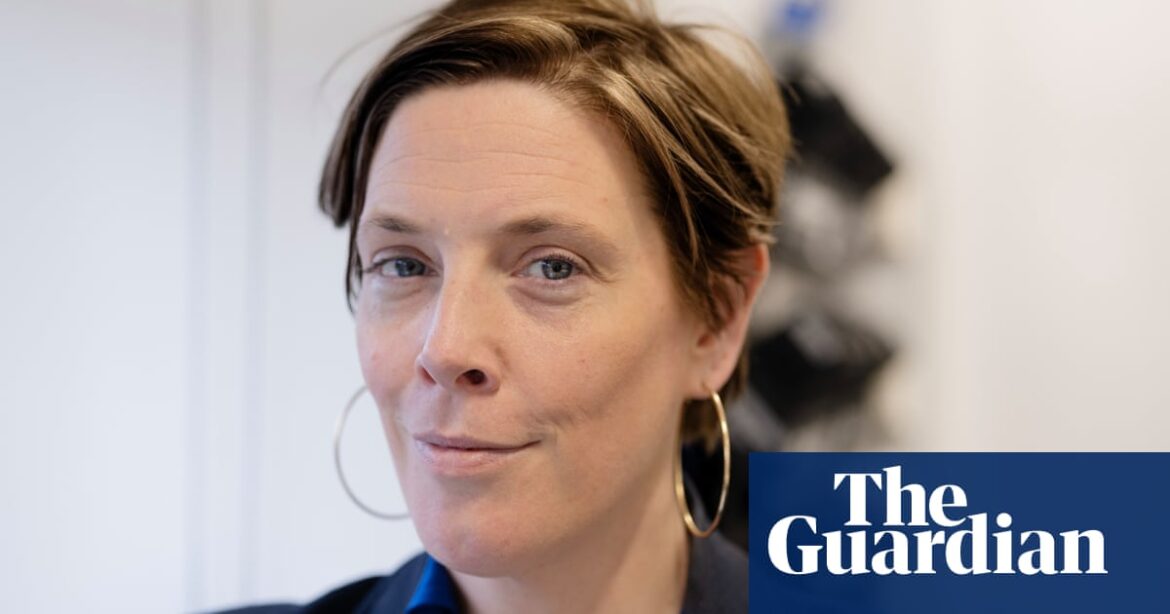
Tackling the “scourge of femicide” in the UK will be a central part of the government’s promise to drastically reduce violence against women and girls, the minister leading the policy has said.
Revealing details of one of Labour’s central missions in office for the first time, Jess Phillips said the success of the government’s target to halve violence against women and girls had to include reducing the rate at which women are killed by men.
“A woman is killed by a man every three days. This is not just a statistic, these are real lives that have been taken. These are women with names, families, jobs and people who love them,” she said. “We must tackle the scourge of femicide – which is a fundamental part of our mission to halve violence against women and girls in a decade.”
The rate of femicide – the misogynistic killing of women and girls by men – is stubbornly high in the UK. According to the Femicide Census, a woman has been killed by a man, on average, once every three days over a 10-year period, with no tangible decline since 2009, the first year the organisation began recording deaths of women.
In 2024, the Guardian’s Killed women count project has recorded the deaths of 50 women, where a man has been charged with murder.
“It is a herculean task,” said Phillips. “It’s genuinely a mission like going to the moon, because there is no country in the world that has managed it. It is going to take a lot, but the point of asking for it was to make the government sit up and will it. If you’ve got the will, you will find the means.”
Phillips, the minister for safeguarding and violence against women and girls, told the Guardian that the push to include the pledge – which campaigners have welcomed as bold, if vague – in Labour’s election-winning manifesto was “like pushing at an open door” because of Keir Starmer’s “obsession” with the social ill.
“He feels very personally desperate to do this,” Phillips said, adding that she had formed a “trifecta” with Yvette Cooper, the home secretary, and Alex Davies-Jones, the justice minister for victims and violence against women and girls, to drive the policy across every department of government.
“We make a great team. Yvette Cooper is brilliant on detail and delivering, while I’m all heart and passion,” said Phillips.
Challenged on the lack of detail around the goal, Phillips said the target meant that the full force of government machinery would be deployed to tackle a problem that police chiefs have described as a “national emergency”, with one in 12 women in England and Wales affected by stalking, harassment, sexual assault and domestic violence.
She pointed to new protection orders for women experiencing domestic abuse, a review of how police deal with stalking and the embedding of domestic abuse specialists in 999 control rooms from early next year.
Phillips said more measurable targets would be announced in the new year, alongside its updated violence against women and girls strategy. “I refuse to allow it to be like previous cross-government strategies: just a piece of paper that no bugger does anything with,” she said. “And what I don’t want to do is hit a target and miss the point.”
Addressing the perilous state of the criminal justice system had to be the government’s first priority, Phillips added. Earlier this month, Guardian analysis found that the number of rape victims pulling out of prosecutions before trial had more than doubled in five years, with the crown court backlog in England and Wales likely to hit 100,000 without radical action. “It’s like a weeping sore that you have to treat first,” she said.
A focus on education and prevention would also be key, Phillips added. “The only solution we’ve come up with is prison,” she said. “There has been very little focus on the perpetration of this crime and how you stop it, how you stop it in young people, how you stop it progressing, and how you protect those at greatest risk of harm.”
after newsletter promotion
Phillips said she had cross-goverment backing – referencing public statements from the education secretary, Bridget Phillipson, and the treasury minister Tulip Siddiq – and joking that she would “find a way to make this about solar panels” in order to involve the energy secretary Ed Miliband.
“Across the board, whether it’s in health, housing or education, there needs to be a real will,” she said. “I refuse to do that thing where a little bit of this and a little bit of that gets announced because somebody died. There are system problems, there are volume problems. .”
Karen Ingala Smith, co-founder of the Femicide Census, said Phillips understood the “scale, complexity and breadth” of the problem. “The government’s new strategy must look not just at how men’s violence against women is rooted in sex inequality, not just responses to domestic and sexual violence and abuse,” she said.
Andrea Simons, director of the End Violence Against Women Coalition said the women’s sector needed secure funding, with many organisations “running on a shoestring” and those set up by and for marginalised women most under threat.
Phillips, who has read out in parliament the names of every woman killed by a man, as recorded by Counting Dead Women, each year for the past decade, said she was “weary” of the task last year.
“Every year that list has been devastatingly and heartbreakingly long,” she said. “I am genuinely hopeful that over the next decade we can drive systemic and lasting change, and that one day the list won’t be needed at all.”
Source: theguardian.com



